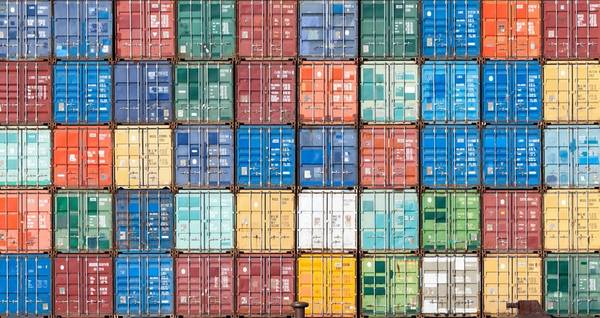
Despite mandatory international and national regulations on the transport of dangerous goods, these goods continue to be mis-declared or not declared, driving an alarming increase in ship fires. Addressing the need for improved safety measures, the World Shipping Council (WSC) is developing the Cargo Safety Program and has now announced that the National Cargo Bureau (NCB) has been selected as the independent provider for the Cargo Safety Program digital platform.
NCB is a non-profit organisation that delivers safety initiatives and services to the maritime industry. Its software, Hazcheck, used for the detection, inspection, and validation of dangerous goods, is well-established in ensuring the safe and compliant transportation of cargo.
The WSC Cargo Safety Program solution will be an evolution of that platform building on Hazcheck Detect, a proven cargo screening tool currently processing over 10 million bookings per month. The system emphasizes the importance of standardization and a unified approach to cargo screening and inspection, including a feedback loop for inspection results, ensuring that safety procedures are consistent and comprehensive.
The Cargo Safety Program will rely on a digital solution made up of a Common Screening Tool, Verified Shipper Database, and a Database of Approved Container Inspection Companies, provided and operated by NCB as an independent third-party vendor.
The core functionality of the system will be to screen booking information against a comprehensive keyword library and risk algorithm. High-risk bookings will be flagged for further investigation and/or inspection, and lessons learned through experience will be used to continuously improve the screening tool. The emphasis is on identifying and correcting worrying conditions before containers with dangerous cargoes are introduced into the supply chain.
WSC says this common safety approach will significantly mitigate the risks associated with non-declared or improperly declared, labelled or packed dangerous goods across the supply chain. At the same time, the system will streamline the transport of compliant dangerous goods in line with national and international regulations.



